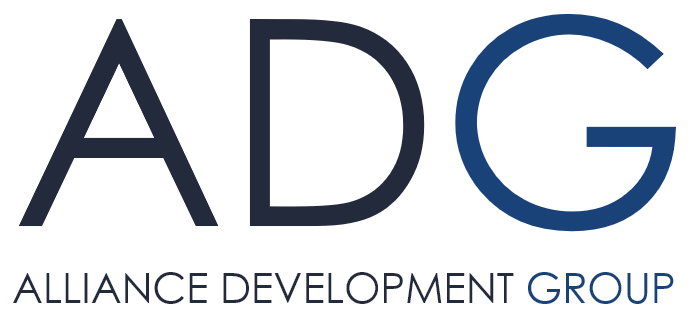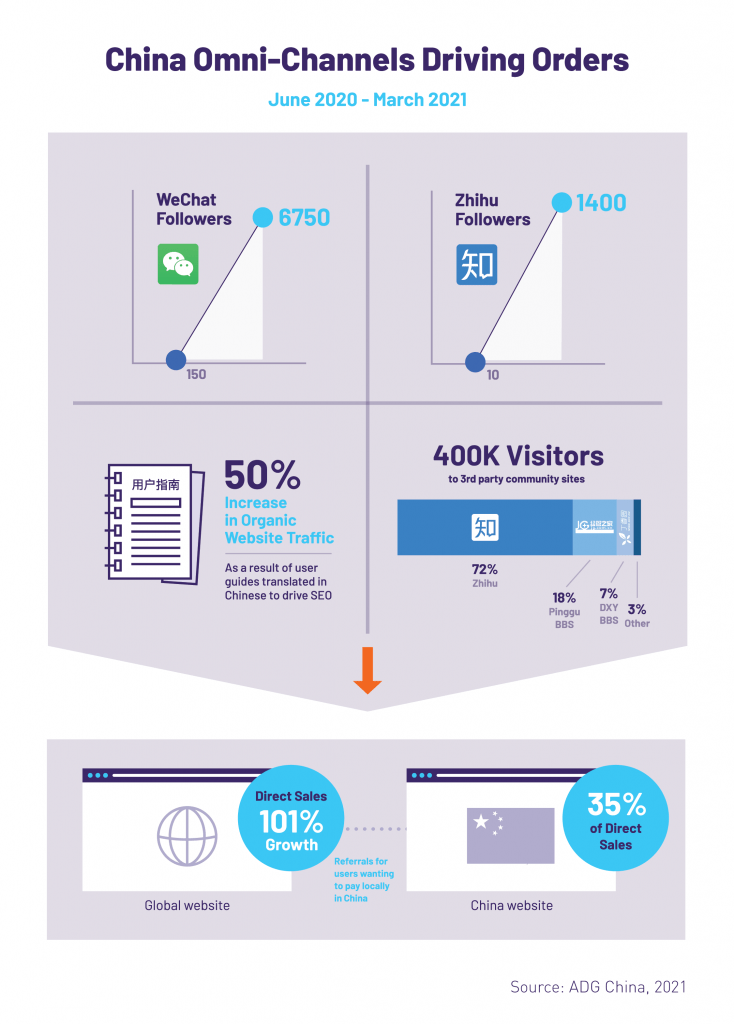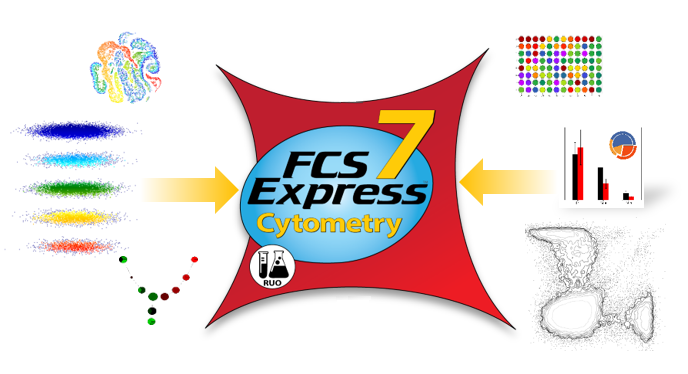Software distributors in China: Practical differences and best practices
Written by Chris DeAngelis
12/21/2020

Generally speaking, the largest difference between software distributors in China and other markets is the comparatively extra workload that Chinese resellers put on Western software companies. This is especially true for software that is not already a well-known solution in its space. While Chinese partners will often seem excited when approached, in our experience they will not commit to your products or services immediately to the level that your company is hoping for.
When Western brands do put this expectation on their software distributors in China, it often leads to significant problems. Simply put, Chinese resellers have different motivations and are not equipped to take the lead on running your channels, even if they say they will.
For example, through one of our clients, we’ve had the opportunity to work with one of the top software distributors in China in a specific vertical. The reseller is the company’s top channel in China, with over US$10 million in annual revenue, has a dedicated sales team with nearly 200 technical support staff, provides China certification, creates localized training and does monthly marketing events. When we asked the software vendor about their opinion on this partner, they answered, “they are better than most and very strong technically, but like all of our vendors in China, they don’t do much to sell or close deals and still heavily rely on us to bring them leads.”
Most partners will not agree to any meaningful business plan or minimum requirements in the early stages of a partnership. Software providers should not view signed agreements at this stage as binding, as partners very often will not. Mostly, partners see agreements in the beginning as a way to appease Western companies in order to get the partnership started. Their willingness to materially invest, however, is dependent on how the first 3 to 6 months progress. During this time, resellers will expend some resources to find qualified opportunities, but they are still taking a wait-and-see approach towards the viability of the partnership.
In these early stages, partners prefer the process of going after projects to be a collective activity with the software provider. Generally, they will start by conservatively reaching out to a select group of internal business development team members that will have discussions with their internal sales teams. Often, they will be reluctant to let providers speak directly to their sales teams – or bring you to customers – until they are familiar with your team personally, understand your products, and have confirmed the value proposition with their sales teams. As trust develops, they will start bringing you more deeply into the process, including joint sales calls with select customers.
In order to operate independently, resellers require that providers deliver detailed FAQs, case studies, technical documents and other collateral that can stand on their own and answer questions clearly and directly. In China, given the communications challenges and the number of people that can be involved in the evaluation and decision-making process, if it is not written down then it might as well not exist – too much is missed in conference calls and face to face meetings.
The sales process will typically be longer than in the West and will start at a more basic level. Once your team is involved in sales calls, expect to have to repeat basic information every time (e.g. provide the “big picture”), as there will almost certainly be new people brought into the conversation on the customer side.
Technical teams are usually only in meetings in order to receive answers to questions that their executives have asked them. It’s important to note that their evaluation process is often based on technology from previous projects. What this means, is that unless you have a local resource that can work with them on a new testing methodology, your key advantages may not come to light as their testing is based on criteria developed for another software.
Training – for both resellers and end users – is key. Software distributors in China expect providers to supply not only an extensive and localized knowledgebase, but also be available to offer hands-on support for complex issues. Many Western providers assume that Chinese end-users will “just get” the basics of their products. However, in practice, Chinese users have varying levels of experience and education, and fundamental differences in accepted UI/UX practices between Western and Chinese software mean that understanding and usability should not be taken for granted.
For more information on software resellers in China, check out our latest free report for download!



